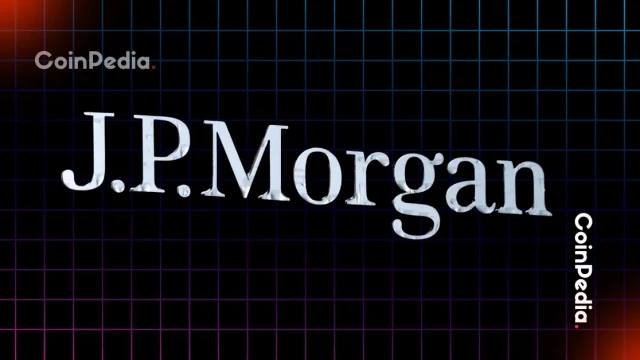
JPMorgan and DBS Bank to Enable Tokenized Deposit Transfers Across Blockchains
CoinPediageneral
JP Morgan and Singapore's DBS, a leading financial services group in Asia are teaming up to create a system that lets banks move tokenized deposits across different blockchains. By linking their digital banking services, the two institutions aim to make cross-bank, cross-chain transactions faster, more efficient, and available around the clock for institutional clients.
📋 Article Summary
Pioneering Cross-Chain Deposit Transfers: JP Morgan and DBS Bank's Groundbreaking Collaboration
In a significant move that could revolutionize cross-bank, cross-chain transactions, financial giants JP Morgan and Singapore-based DBS Bank have announced a strategic partnership to enable the seamless transfer of tokenized deposits across different blockchain networks. This collaborative effort aims to address the longstanding challenge of siloed banking systems and pave the way for a more interconnected, efficient, and accessible global financial landscape.
The partnership between these two industry titans marks a pivotal moment in the evolution of the cryptocurrency and decentralized finance (DeFi) space. By leveraging their extensive expertise and resources, JP Morgan and DBS Bank seek to bridge the gap between traditional banking and the emerging world of blockchain-based finance. This initiative not only promises to enhance the user experience for institutional clients but also has the potential to drive broader mainstream adoption of digital asset transactions.
One of the key advantages of this groundbreaking system is its ability to facilitate around-the-clock, cross-chain transactions. Unlike the constraints of traditional banking hours, this tokenized deposit transfer system will allow for seamless, 24/7 operations, catering to the growing demand for on-demand, global financial services. This level of accessibility and responsiveness could significantly improve the efficiency and liquidity of cross-border transactions, ultimately benefiting both financial institutions and their clients.
Moreover, the integration of DBS Bank's digital banking infrastructure with JP Morgan's blockchain expertise could pave the way for greater interoperability between various blockchain networks. By establishing a standardized framework for tokenized deposit transfers, the two institutions aim to address the fragmentation that has historically hindered the widespread adoption of cryptocurrency-based solutions. This move could potentially catalyze the development of a more interconnected, ecosystem-wide approach to digital asset management and settlement.
The implications of this collaboration extend beyond the immediate benefits for institutional clients. The successful implementation of this tokenized deposit transfer system could have far-reaching consequences for the broader cryptocurrency and DeFi landscape. As more financial institutions recognize the potential of blockchain technology, this partnership could serve as a blueprint for future cross-industry collaborations, fostering greater integration between traditional finance and the decentralized finance ecosystem.
Furthermore, the regulatory implications of this initiative cannot be overlooked. The involvement of two global financial powerhouses, with their deep understanding of regulatory frameworks, could help to shape and inform the ongoing discussions around the integration of digital assets into the mainstream financial system. This collaboration could provide valuable insights and set precedents for policymakers and regulators as they navigate the complexities of the evolving cryptocurrency landscape.
In conclusion, the partnership between JP Morgan and DBS Bank to enable tokenized deposit transfers across blockchains represents a significant milestone in the convergence of traditional finance and the decentralized digital asset ecosystem. By leveraging their collective expertise and resources, these two industry leaders are poised to redefine the future of cross-border transactions, enhance institutional client experiences, and potentially catalyze broader mainstream adoption of cryptocurrency-based solutions. As the financial world continues to evolve, this pioneering collaboration serves as a testament to the transformative potential of blockchain technology and the financial industry's willingness to embrace innovative, cross-chain solutions.